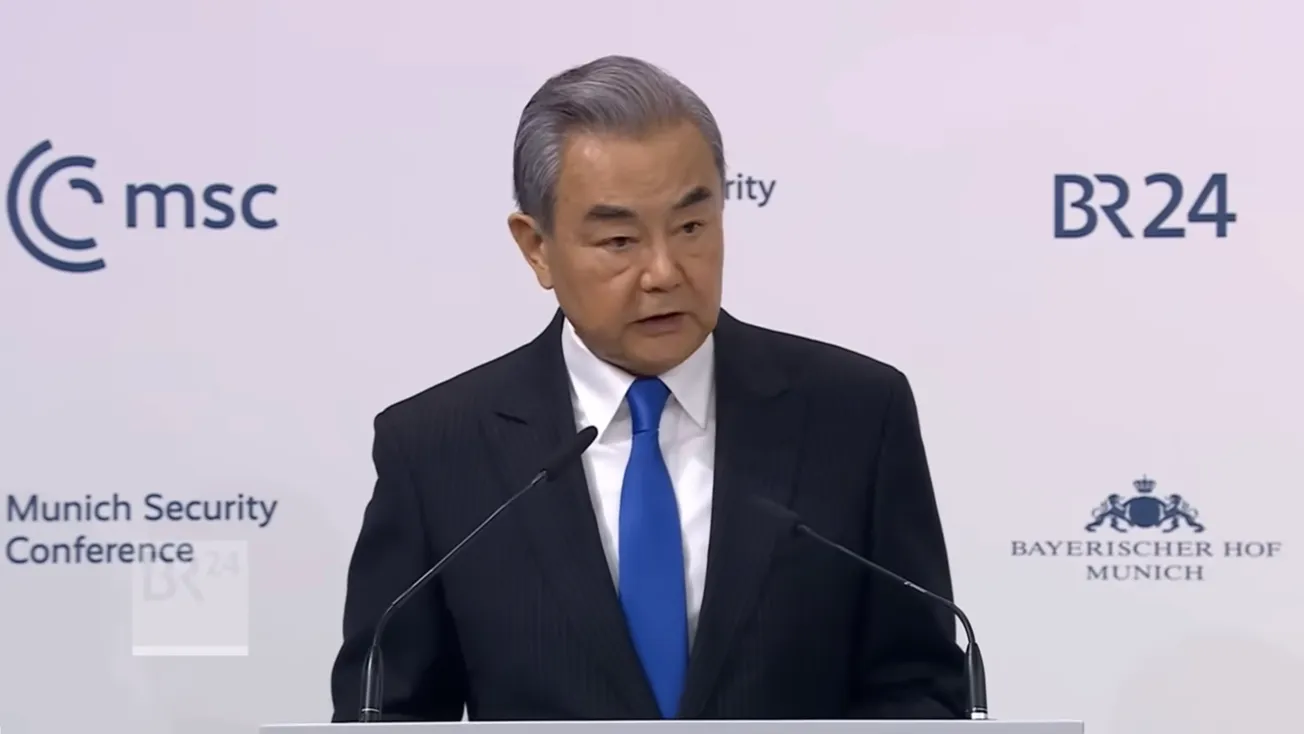In his Oct. 3 remarks to the Valdai Club meeting in Sochi, Russia, Brazilian economist Paulo Nogueira Batista provided a frank review of the failure of the BRICS bank in the early years after its creation in 2015, along with proposals for solving those problems. He noted “I will speak not as an academic researcher but as a practitioner, having been involved in the BRICS process since the beginning in 2008, from Washington, D.C, and up to 2017, when I left the post of Vice President of the BRICS bank in Shanghai….
“Let me assure you that when we started out with the CRA (Contingent Reserve Agreement) and the NDB (New Development Bank), there existed considerable concern with what the BRICS were doing in this area in Washington, D.C., in the IMF and in the World Bank. I can testify to that because I lived there at the time, as Executive Director for Brazil and other countries in the Board of the IMF. As time went by, however, people in Washington relaxed, sensing perhaps that we were going nowhere with the CRA and the NDB. Indeed, progress had been slow. Why?”
Nogueira then answered his own question: “The CRA has been frozen by our five central banks” of the five original BRICS members: Brazil, Russia, India, China and South Africa. “Having participated intensely in the two years of negotiations that led to the CRA, I can tell you that the main reason for lack of progress is the fierce resistance of our central banks, with the exception of the Chinese central bank. The Brazilian central bank is probably the worst.… Can the Russian central bank be made to understand that the CRA is now potentially even more important than when we conceived it, given the changes in the geopolitical context?” Nogueira asked pointedly.
He also blasted the personnel named to run the NDB in that period. “The Bank has achieved many things but has yet to make a difference. One reason being, frankly, the type of people we have sent to Shanghai since 2015 as presidents and vice presidents of the institution. Brazil, for instance, during the [neo-liberal] Bolsonaro administration.… Russia is also no exception, unfortunately—the Russian NDB vice president is remarkably unfit for the job….
“Brazil has now sent Dilma Rousseff, a former President of Brazil, to become president of the institution. She has, however, less than two years to turn the Bank around. It’s not enough time. Thus, the future of the NDB lies largely in the hands of Russia. This is because Russia will have the opportunity to appoint a new president for five years, starting in July 2025. I trust Russia will, this time, be able to send a strong person for the job, someone of high political standing, technically sound, and with a clear view of the geopolitical purposes that led the BRICS to create the NDB.”
Nogueira also pointed to the role of the dollar as a major problem that must be addressed by the NDB. “Operations—funding and lending—are done mainly in U.S. dollars, the currency which also serves as the Bank’s unit of account. How can we, as BRICS, credibly talk about de-dollarization if our main financial initiative remains predominantly dollarized?... One can expect Dilma Rousseff to start solving these problems.… Therefore, the NDB can still become a Bank of developing countries, by developing countries and for developing countries, to paraphrase Abraham Lincoln.… It is our good luck to have Russia presiding over the BRICS in 2024 and Brazil, in 2025—precisely the two countries that seem to be most interested in moving towards the creation of a common or reference currency.”



